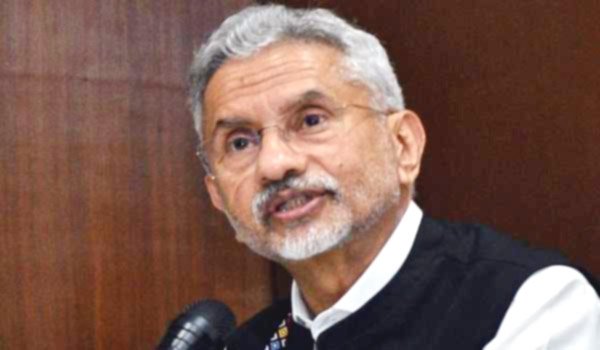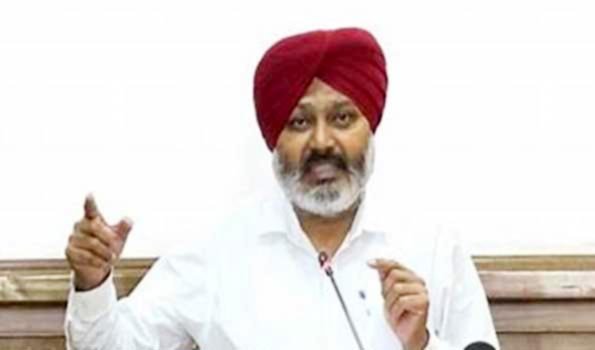New Delhi, April 29 (UNI) India currently has 21 of its naval ships patrolling in the Red Sea area to provide protection to international shipping, amid the continuing attacks by the Houthis in the region, External Affairs Minister S Jaishankar said today.
During a talk at Kirori Mal College in Delhi University on his book ‘Why Bharat Matters’, Jaishankar said that during Covid India was relevant to the world by providing vaccines to many countries, and today it is similarly helping out in the Red Sea.
“Like today in the Red Sea with the firing of missiles on ships, 21 of our ships are in service out there who are protecting international shipping. And they keep trade costs down, because if you can protect shipping then you keep insurance costs down, and the shipping cost is less,” he said.
His comments come days after Houthis missiles hit a crude oil tanker headed for India.
Jaishankar also said that how India does at home and the decisions taken are watched keenly by the world.
“How we handled Covid and took the right decisions that enabled us today to become the fastest growing large economy of the world, and the manner in which we secured our citizen’s safety, like during Ukraine war, how we brought out our students safely” was seen by the world. “The Indian passport is looked at with greater respect today,” he added.
He said that India today has shaped up into “a country that has the ability to stand up for itself, stand up to pressure, and radiate its own persona and culture”.
He also said that the “North Eastern region is today actually getting the political, economic and development attention that it has long lacked”.
“And with the attention and the resources and with better governance and connectivity to the world, and with special interest which countries like Japan and Southeast Asia are evincing, we are at the cusp of something really wonderful,” he added.
Jaishankar said that every part of India has “some external connection to the world and we need to tap it”, referring to India’s ancient links to the world.
“We have lost our own sense of history and it is important to recover it and appreciate it. Many of these are deep connections between North East India and Southeast Asia,” he added.
“In West Asia, in the Gulf, these are regions where for centuries, in some form or the other India and Indians have been active. Recapturing this is important. It is important to find commonalities, and also earn the respect of the world and be relevant,” he said.











